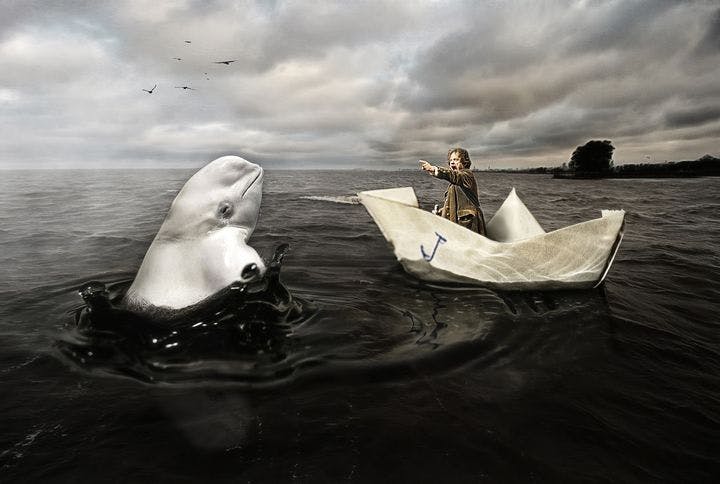There will probably never be a lone “Great American Novel.” That’s OK.
– Marlene Uribe
The American experience may simply be too varied and expansive to ever be distilled into a single novel.
The Great American Novel is a “literary grail” chased by everyone from amateur scribes to moonlighting reporters to bestselling authors. Writing in VQR, Michael Dirda notes that the near-impossibility of capturing the “richness and complexity and sheer cussedness” of the American experience has not slowed its pursuit.
In his book The Dream of the Great American Novel, author Lawrence Buell offers what he sees as the general criteria for a book to earn “Great American” status. For instance, a novel can reach the Pantheon after it’s “subjected again and again to a series of memorable imitations and reinventions … thereby giving the text a kind of master narrative status whether or not it set out to be one” — think Hawthorne’s The Scarlet Letter. Other candidates can focus on a “socially representative figure” who burns a path through history, like Fitzgerald’s Gatsby or Ellison’s Invisible Man. Or it could probe the “romance of the divide, or rather divides, plural,” with multigenerational plots immersed in racial or other societal tension, like Uncle Tom’s Cabin or Toni Morrison’s Beloved. A gargantuan, doorstop-size length also works to one’s advantage, especially if it’s assembled from “heterogeneous cross-sections or characters imagined as social microcosms or vanguards,” like Moby-Dick or the U.S.A. trilogy (or even, more recently, Jonathan Franzen’s Freedom). (If we could be so bold, another possible qualification: it should be hated by high school students.)
Buell suggests a dozen or so other candidates for the Great American Novel sweepstakes, including favorites like Edith Wharton’s Custom of the Country, Jack Kerouac’s On the Road, and Mark Twain’s Adventures of Huckleberry Finn. But why are none of these works — not Gatsby, nor Finn, nor Moby-Dick — deemed the Great American Novel?
“Traditionally … the typical GAN candidate requires heft, range, verisimilitude, and — lest we forget — popularity,” Dirda writes, noting that little contemporary fiction makes the cut. How about John Cheever? Too small scale, focused on suburban swimming pools and cocktail parties. William Gaddis’s The Recognitions or Peter Matthiessen’s Shadow Country? Simply not popular enough. Thomas Pynchon might have a shot with Mason & Dixon, but Gravity’s Rainbow is the fan fave. Something like Raymond Chandler’s Farewell, My Lovely? “Tainted with the dreaded word ‘genre,’” Dirda sighs.
Yet while there’s no consensus Great American Novel, other countries have comfortable awarded such designations for works spawned from their own borders. Miguel de Cervantes’s Don Quixote is for Spain what James Joyce’s Ulysses is for the Irish — and perhaps even what Victor Hugo’s Les Misérables is for the French. Even India has an easier choice than the U.S., weighing Rudyard Kipling’s Kim against, perhaps, Midnight’s Children by Salman Rushdie. But fret not — America does not lack for drama, nor for writers who aspire to capture the richness and complexity of American society in their books.
“Given the fraught nature of twenty-first-century American life, whether one looks at the increased stratification of our society or the overall loss of status of the United States in the world community, there should be every expectation that the ‘national’ novel will continue to offer writers a form in which to capture and critique the way we live now,” Dirda writes. “After all, the [Great American Novel] merely exemplifies a more operatic version of what all art aspires to do: structure the chaos of experience, give clarity to complexity, transform a world of troubles and confusion into a thing of beauty and a joy forever.”
While America waits for the work that will fulfill the requirements set out by Buell and others, Dirda casts his vote for Herman Melville’s Moby-Dick, a book which he posits would be the clear champion if Melville had simply thought to include some women.
The Source: “The Big Read: Can a Single Book Sum Up a Nation” by Michael Dirda for The Virginia Quarterly Review, Winter 2014.
Photo courtesy of Flickr/José María Pérez Nuñez
